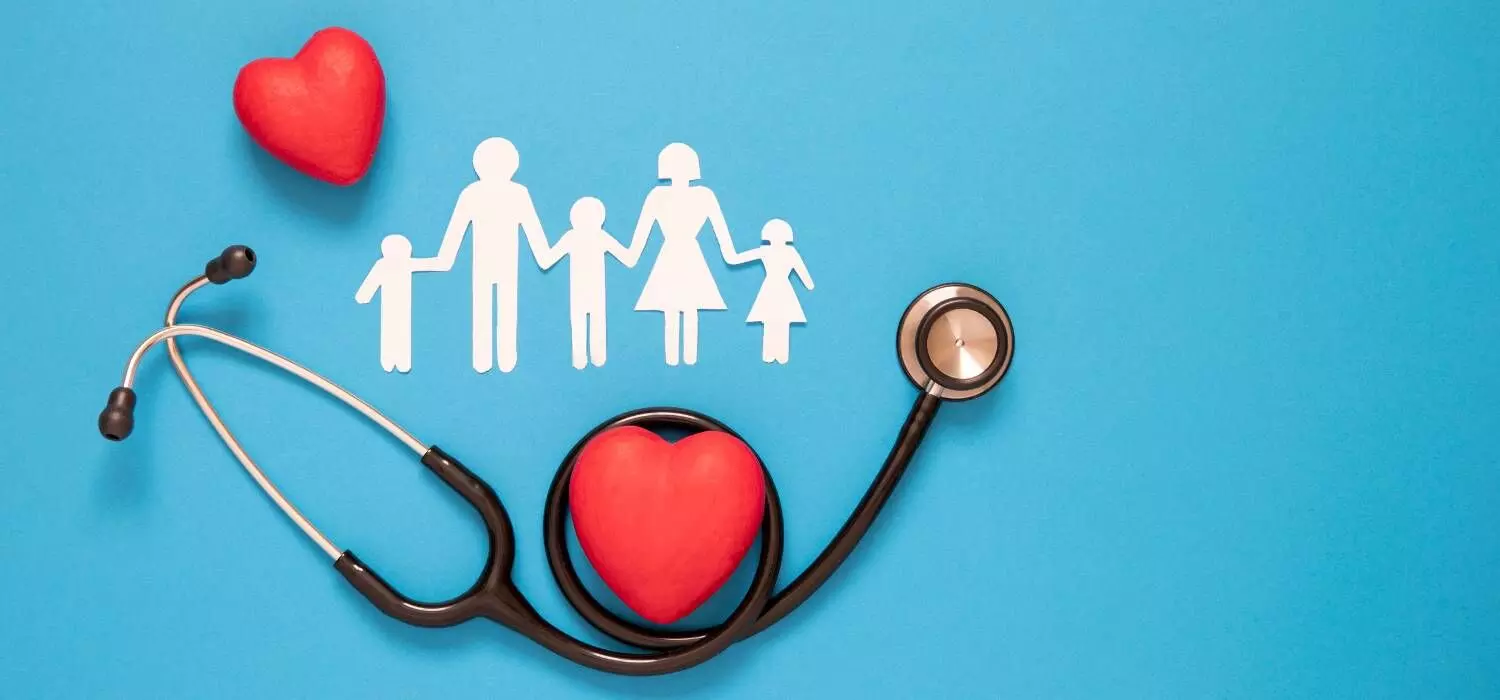Discover the Heart of Healthcare Leadership
image for illustrative purpose

Healthcare management often takes place behind the scenes, shaping the lives of patients and the workdays of clinicians. It involves decisions that impact treatment choices, staffing levels, and even the types of medical technology used in patient care. At the helm of these decisions is a vital role—the medical director. This article seeks to unpack the influence and responsibilities of this critical leadership position and how it affects various facets of healthcare.
The Role Defined
The medical director wears many hats in ensuring the smooth operation of healthcare facilities. Whether in hospitals, clinics, or specialized care centers, this individual is a key player in overseeing medical practices and ensuring compliance with healthcare laws and regulations. The responsibilities of a medical director include:
● Strategic Planning: Helping design and implement policies that affect patient care.
● Quality Assurance: Monitoring medical processes and outcomes to maintain high standards.
● Staff Supervision: Overseeing the work of medical staff, providing training and guidance.
● Budget Management: Making decisions on resource allocation to optimize efficiency.
What Makes an Effective Medical Director?
To truly understand what makes a medical director successful, it's crucial to look at the skills and qualities that enhance their effectiveness:
● Leadership Skills: Ability to motivate and guide a diverse team.
● Communication Abilities: Facilitating clear and effective communication between departments.
● Technical Knowledge: Understanding the latest developments in medical technology and practices.
● Decision-Making: Quick and effective problem-solving capabilities that are critical in maintaining operations.
These skills not only ensure the success of the medical director but also the healthcare facility they manage.
The Importance of Compliance and Ethics
Regulatory compliance and ethical standards are at the cornerstone of a medical director's responsibilities. These elements ensure that healthcare institutions operate according to established laws and moral guidelines. Key components include:
● Accreditation Standards: Meeting and maintaining certifications from healthcare accreditation bodies.
● Ethical Practices: Implementing ethical policies that govern patient care and staff behavior.
● Risk Management: Identifying potential risks and implementing measures to prevent them.
The Evolution of a Medical Director's Role
With the healthcare landscape continuously evolving, the medical director's role has seen significant transformations over decades. To adapt, directors must:
1. Embrace Technological Advancements: Incorporating new healthcare technologies to improve patient care.
2. Focus on Patient-Centered Care: Shifting from traditional practices to those that prioritize patient needs and experiences.
3. Adapt to Policy Changes: Navigating changing healthcare regulations and policies to maintain compliance.
Balancing Business and Quality Care
Balancing financial stability with quality patient care is another major aspect of a medical director's role. It often involves making tough decisions that can have long-lasting impacts on the facility. Best practices include:
● Cost Management: Reducing unnecessary expenditures while investing in essential services and technology.
● Resource Allocation: Ensuring departments have what they need to function effectively without waste.
● Revenue Generation: Identifying opportunities to enhance service offerings and attract more patients.
The Future of Medical Directorship
Several trends are emerging that will shape the future role of medical directors. These include:
1. Telemedicine Integration: With the rise of virtual healthcare, directors must manage both in-person and online care models.
2. Data-Driven Decision Making: Utilizing healthcare analytics to make informed decisions and improve patient outcomes.
3. Sustainability Initiatives: Implementing eco-friendly practices within healthcare facilities to promote environmental responsibility.
The Bigger Picture: How it All Comes Together
The medical director role orchestrates the harmony between operational efficiency and superior patient care. By maintaining a keen focus on compliance, ethics, and innovative care solutions, medical directors ensure that healthcare facilities are not just centers of treatment but institutions of growth and learning for both patients and staff. In their leadership, they often exemplify the vision of an ideal healthcare environment where professional expertise meets compassionate care.
Concluding Thoughts: Learning from Experience
Understanding a medical director's strategic role offers insights into healthcare management's complexities. Their impact on healthcare facilities is substantial, and learning about this role can inspire those interested in healthcare leadership to make informed decisions and pursue rewarding careers in this field.
Success lies in prioritizing both the needs of the patient and the institution, crafting a healthcare experience that is seamless, effective, and forward-thinking.

